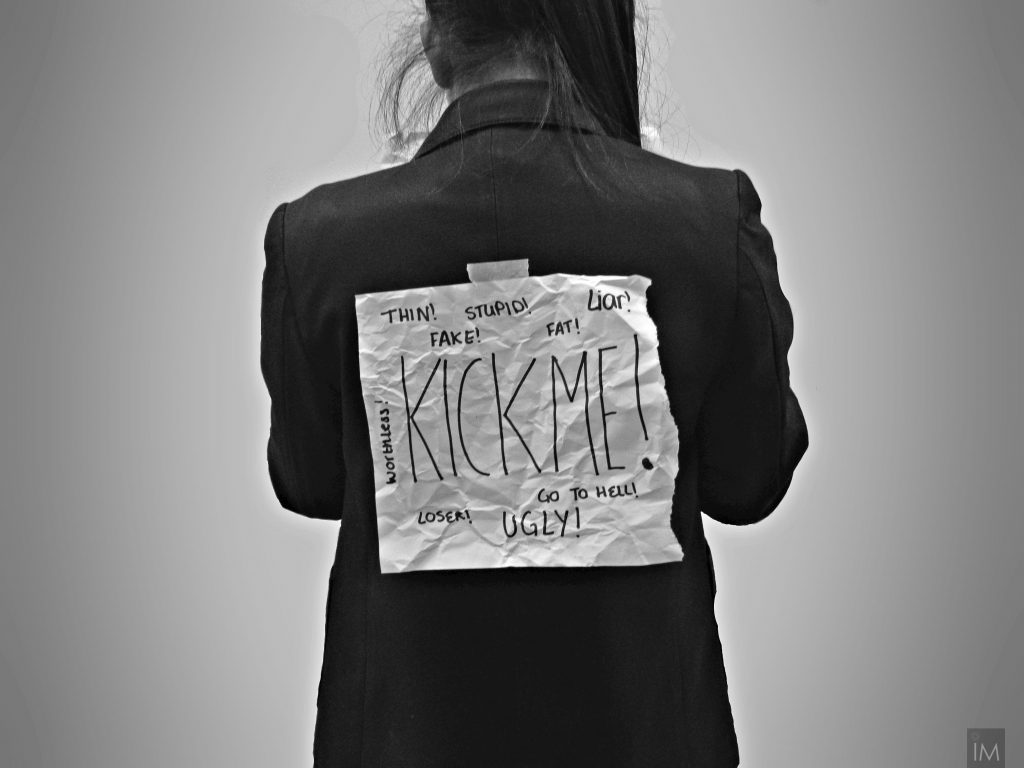
If you think therapists are immune to having an inner critic, then think again! We know only too well what it’s like to have a constant narrative of “I should have / I shouldn’t have / why didn’t I?” playing out in our minds.
And that’s because we’re human beings just like you, with a brain that’s wired towards being critical, judgemental and occasionally shaming.
There are really valid reasons for this.
It’s a survival thing
Back in the day, when we lived in small tribes and relied on one another for our survival, it was crucial that we complied with the ‘rules’ of our community. If we didn’t, we risked being cast out into the wilderness. Internalising those rules and being hard on ourselves when we stepped out of line was necessary for our survival.
We might not live in caves any more but that habit is still one our brains adopt.
Complying with the rules and views of our parents and carers is necessary if we want to stay within the safety of that community until we are independent young adults. Our young, developing brain will absorb and internalise what those adults say about us, and to us.
How a child develops an inner critic
Watch this for more on understanding how we are influenced, and our inner critic develops, as we go through our early lives https://www.youtube.com/watch?v=uWc4pZhnpOw
Additionally, children are naturally what we call ‘ego-centric’. This means they assume their behaviours are the cause of what happens around them. If adults are angry, cold or absent the survival brain will try to ensure they get their fundamental needs (for food, shelter, love) met. By any means possible.
This, in turn, sets up a pattern of feeling as though they always need to be or do something for others. Just being who they are is not enough. And if they’re not doing what their brain tells them they should be then up pops that inner critic.
Understanding our brain
We have different parts of our brain that have different functions. An important one to understand regarding our inner critic is the neo-cortex. This is the uniquely human part of our brain that applies language, contextualises, reflects on and tries to make sense of our experiences. All sounds good, right?
Well …… not always. As professor and author Robert Sapolsky summised “zebras don’t get ulcers”.
What he means by this is that zebras get chased by lions regularly; a life-threatening occurrence. But, they don’t then go away from the chase and spend days thinking about how to avoid the next chase or how scary the last one was. They deal with that threat in the present moment that it happens and then it’s over.
No stress induced ulcers for our zebra friends.
What does this mean?
So, this part of our brain means that when we experience something our survival brain deems could be threatening to our survival, such as being excluded from our friendship group or upsetting a sibling, our ‘thinking brain’ steps in to make sure we think very, very carefully about our actions.
It thinks, analyses, worries and tries to ensure we take action. It wants us to do whatever it takes to maintain our position within that family, friendship group, workplace or even society at large.
An example.
You work in a small team and in the office there’s a kitchen with coffee making facilities. You are making yourself your usual morning coffee. Your manager walks in and makes a joke about you not making them one.
Your survival (emotional) brain goes into panic because there’s a sense of having ‘mis-stepped’. In an instant your neo-cortex (thinking brain) applies a whole heap of analysis to this, transforming this simple act of making yourself a coffee. It becomes “My manager’s angry at me. I’ll be sacked. I won’t be able to pay my rent. I’ll be homeless”.
Your inner critic, when we think about it, is really a protective thing. It just wants to make sure you are safe. Always.
But it can get over-sensitive. A bit like a malfunctioning smoke alarm that goes off when we burn the toast, our brains can become a little TOO alert to possible danger. They see danger everywhere and enlist our inner critic in order to pull us back into line.
So whilst it’s perhaps trying to protect us, it can very much feel like we’re under attack from ourselves. Life can be tough enough, without criticism and judgement coming from our own brains.
We can work on it though. Read how, here.

Leave a Reply